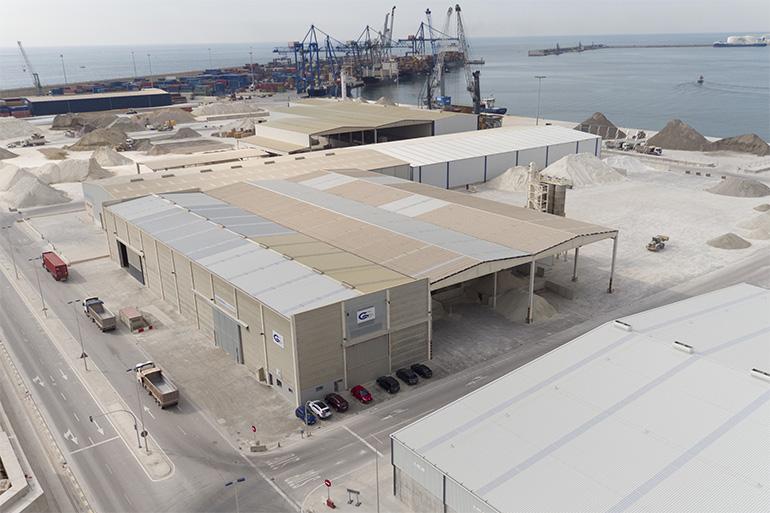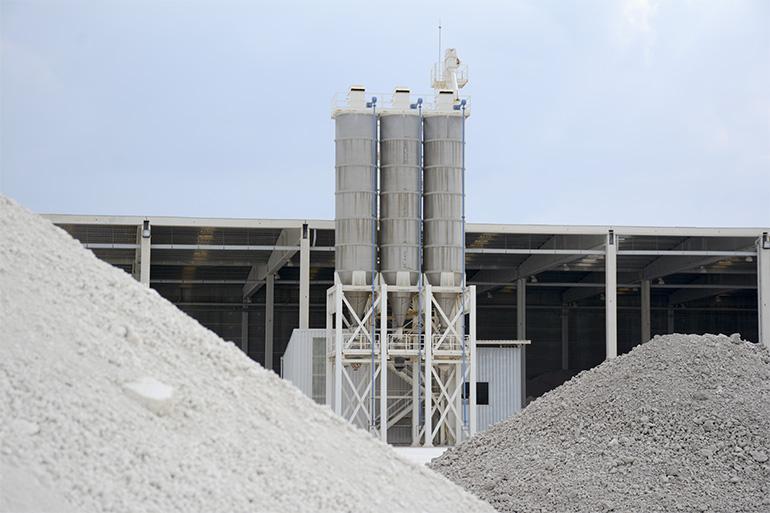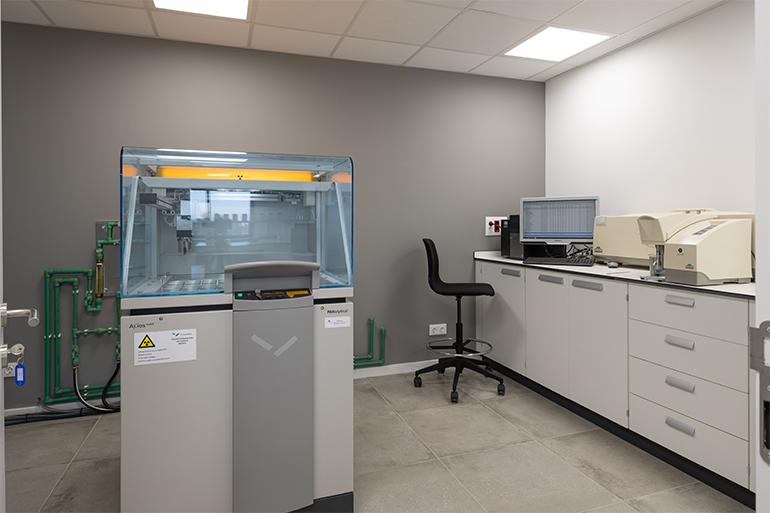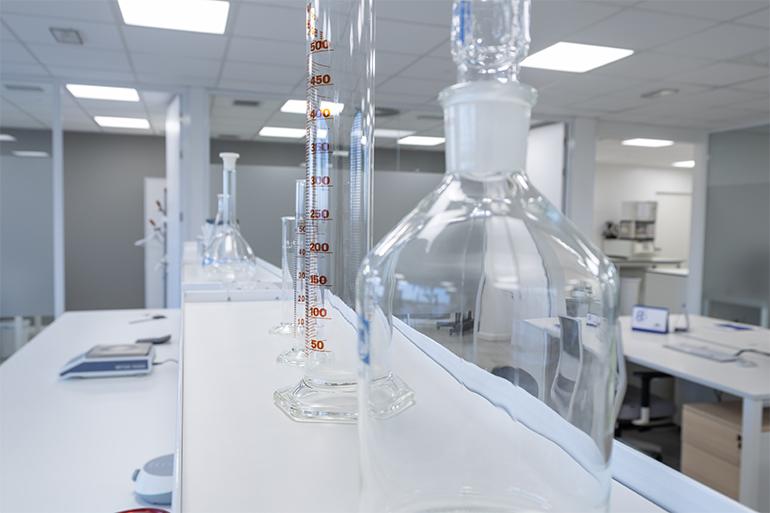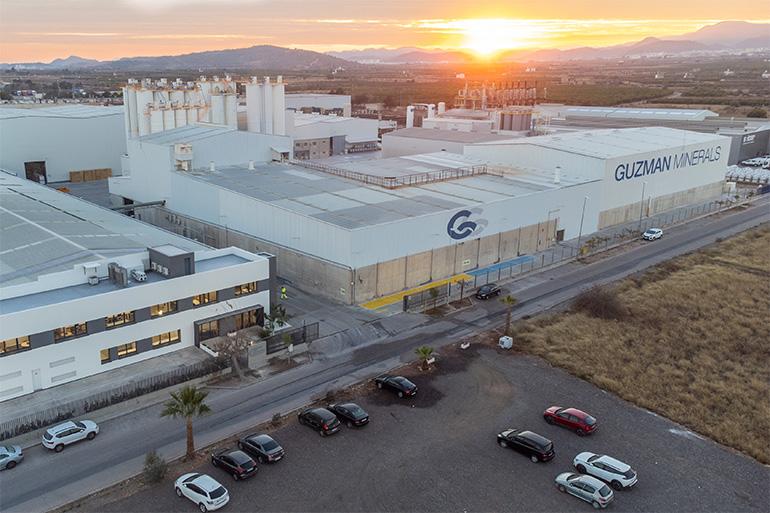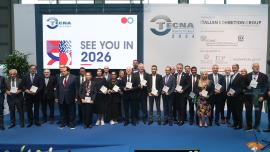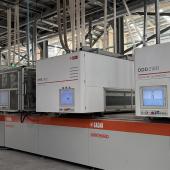Guzman Minerals takes part in TECNA for the first time
The Spanish raw material manufacturer will present its range of ceramic raw materials at Tecna in Rimini, including Blancmin whitening agents, Armin and Zircosil zirconium silicates and PSM ground alumina.
Guzman Minerals, a global supplier of raw materials with an 85-year history based in Nules (Spain), is exhibiting this year for the first time at Tecna in Rimini (24-27 September), the premier international trade fair for supplies to the ceramic and surface industries.
In the past two years, the company has made major investments at its Nules production facility, where it has increased its storage capacity to more than 12,000 tonnes, and has purchased a new plant in Malaysia which offers significant logistics advantages in Asian markets. From these two facilities, Guzman Minerals currently exports its products to companies in the ceramic, glass, refractory and steel industries across more than 42 countries.
The family-run company is constantly in search of new supply sources with the aim of delivering top-quality raw materials backed by high value-added services.
At Tecna 2024 (Hall B7, Booth 304), Guzman Minerals is presenting its wide range of products for the ceramic industry, its core business, including: alumina, feldspars, titanium dioxide, engobe clays, wollastonite, barium carbonate, spodumene, magnesite, oxides and zirconium sand. It also offers own-brand raw materials in the Armin, Armin Blanc and Blancmin ranges.
BLANCMIN whiteners
Guzman Minerals develops whitening additives designed to improve the required opacity for any type of ceramic tile or ceramic substrate composition. The formulation of these additives depends on a number of factors, including the composition, the material they are introduced into, the reactivity of the opacifiers with the material, the refractive index and their effect on ceramic behaviour and properties. One successful example of this type of additive is Blancmin SA3, designed as an opacifier for the production of large size porcelain tiles.
PSM ground alumina
Alumina can improve opacity and promote colour development. This type of ground alumina, with a low degree of calcination, contributes to the formation of additional phases such as anorthite and gahnite, which increase opacity. This occurs because the light scattering effect is enhanced due to the presence of new crystalline phases that form when the alumina reacts. For this reason, PSM ground alumina (in some of its grinding grades) is an interesting option in the formulation of ceramic glazes and bodies. They are also widely used in the polishing process, with the choice of grit size (PSM, PSM27, PSM35, PSM50 and PSM60) according to the desired final surface effect.
ARMIN & ZIRCOSIL zirconium silicate
Zirconium silicate is a widely used material in the ceramic industry. It has a refractive index of 1.92 and is the most common opacifier for glazes. It is marketed in the form of zirconium sand, zirconium flour and micronised powder. As well as contributing to the degree of whiteness, zirconium silicate also improves the mechanical properties of glazes (e.g. hardness, wear resistance, chemical resistance, increased density and durability). The opacification process is influenced by a number of factors, including the number and size of the crystals present. The particle size of the zirconium silicate in the glaze composition is important, including both the added crystalline particles that do not dissolve and the crystals that devitrify from the frit. In addition to the above-mentioned use in the production of frits and glazes for tiles, this product is also widely used in porcelain stoneware body compositions, refractories, sanitaryware glazes and tableware.
Did you find this article useful?
Join the CWW community to receive the most important news from the global ceramic industry every two weeks



